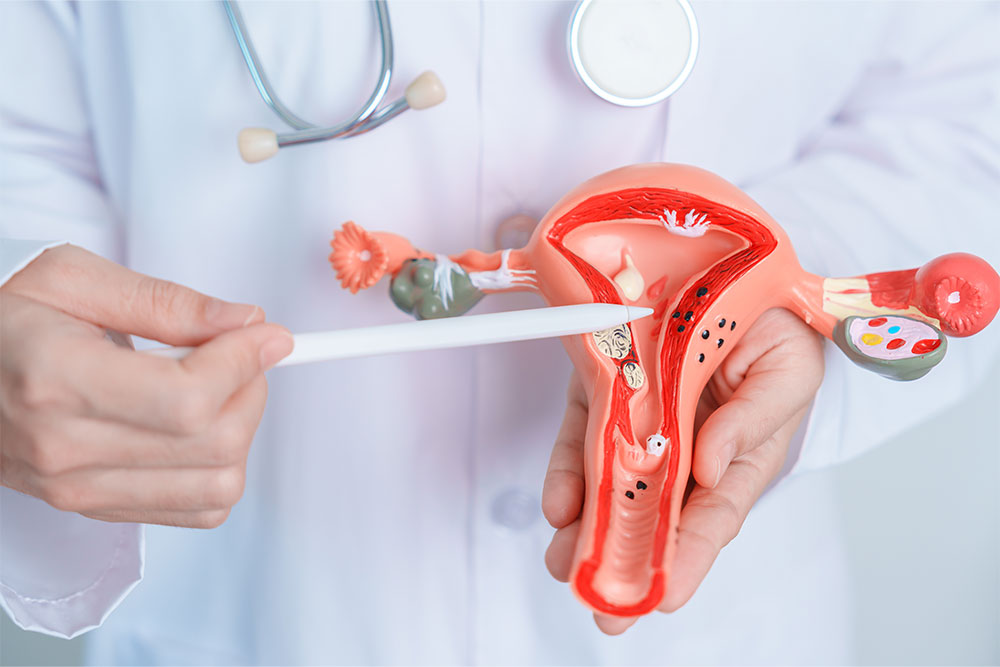Hysterectomy is one of the most frequently performed surgeries. Although there are several indications for hysterectomy, I frequently encounter patients who were recommended unnecessary surgery. Hysterectomy is safe when performed by an experienced surgeon, but it is still surgery. And ANY surgery carries its own risk and the risk of general anesthesia. Unnecessary surgeries and procedures also increase cost to our health care system.
I have listed the 5 most common conditions that do not warrant hysterectomy as a routine treatment:
- Endometrial polyps – endometrial polyps are very common and can cause heavy periods and rarely harbor cancer. However, they are easily and safely treated with office hysteroscopy. Although polyps can recur, performing hysterectomy would be considered extreme for this condition and would subject you to higher risk of an invasive surgery and general anesthesia.
- Abnormal pap smear, mild and moderate cervical dysplasia – abnormal pap smear is very common. If you have an abnormal pap smear, you will be evaluated with colposcopy. In case you were noted to have cervical dysplasia (precancerous cells), the treatment depends on the level of dysplasia. There are 3 levels of dysplasia: mild (CIN 1), moderate (CIN 2) and severe (CIN 3, CIS). CIN 1 should never be treated as it will most likely resolve on its own. CIN 2 could be either monitored in younger women or treated with office LEEP procedure. Hysterectomy is never indicated for this level of dysplasia (unless there are other indications that warrant surgery).
- Asymptomatic fibroids -about 50 to 80% of women will develop fibroids. In most cases, those fibroids cause no symptoms and should not be treated. A common reason I hear from my patients: “my doctor recommends hysterectomy because I have fibroids and I don’t want any more children” or “why should I keep my uterus if I don’t want any children?” These by themselves are NOT good enough reason to have surgery. There should be a clear indication to undergo hysterectomy for fibroids and ONLY when all alternative approaches were thoroughly reviewed, tried, found to be contraindicated or have failed, then you might consider hysterectomy as treatment. Common indications to consider hysterectomy for fibroids include enlarging or very large fibroids causing pelvic pressure or pain and heavy bleeding causing anemia when alternative treatment are not possible, are contraindicated or not desired.
- Heavy periods – heavy periods should be thoroughly evaluated and the underlying cause should be determined and treated. Not desiring pregnancy is not a good enough reason to undergo hysterectomy. You should only consider hysterectomy when all other alternative are either contraindicated or have failed.
- Benign ovarian cysts – unless malignant, ovarian cysts by themselves should never warrant hysterectomy even after menopause.
I find the best outcome of any surgery is when my patient fully understood the indication of her surgery, has reviewed, understood, tried alternative treatment and finally reached the conclusion that surgery was her best option.
In making any treatment decision, always remember: what worked for your sister, cousin, friend or neighbor does not mean it will also work for you. Each patient and condition is unique and deserve a unique approach.







